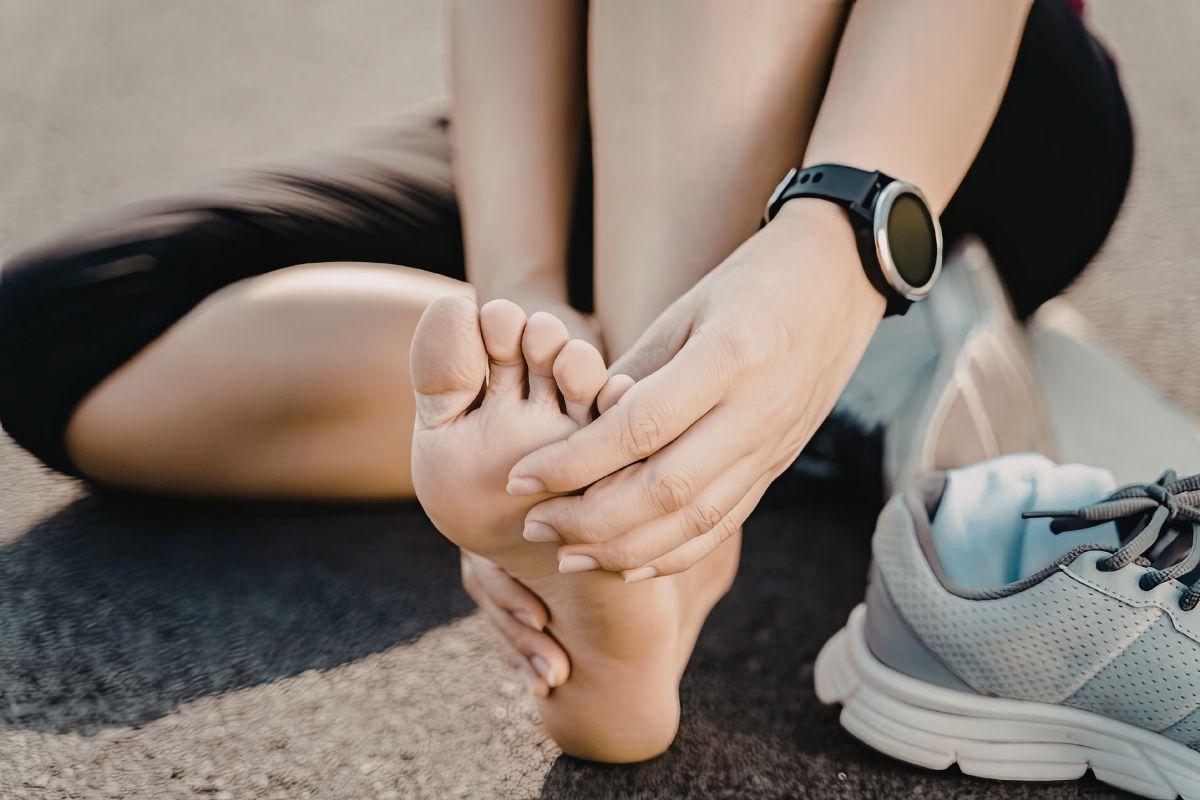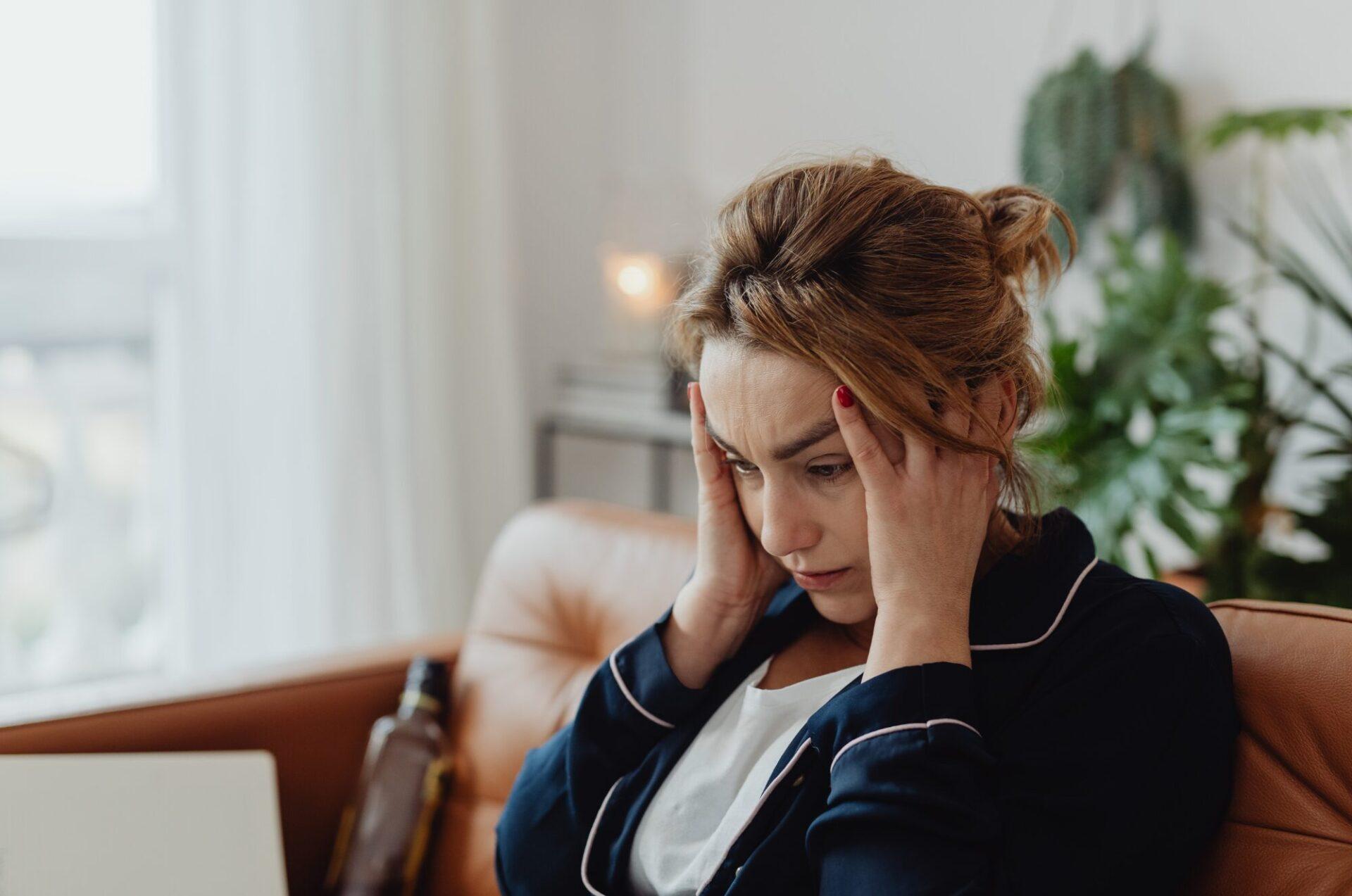This article was written by Anxiety Expert Chloe Brotheridge and first appeared in Good Zing: the one-stop shop for finding (*and sharing) all the best health tips and tricks for your everyday issues.
Most of us suffer from a degree of anxiety on a daily basis. Did I turn off my hair straighteners? Did I double lock the front door? If we’re lucky, that feeling is fleeting and doesn’t have lasting effects. However, sometimes this anxiety can manifest at night.
Here to provide us with a few tricks and tips for beating insomnia and managing anxiety is health website, Good Zing.
So, how do you manage the anxiety that’s keeping you up?
You’ve tried everything it seems to finally overcome insomnia and get that much-needed rest during the night. Leaving your phone in another room? Check. Using a traditional alarm clock? Check. Drinking chamomile tea and having a relaxing lavender infused hot bath? Check, check. Yet you find yourself in an endless cycle of tossing and turning without being able to really get good quality sleep – so what gives?
First things first, what is sleep anxiety?
Sleep anxiety affects 1 in 3 people (scary right?). It’s the feeling of worry, nervousness or unease associated with normal anxiety, except it occurs right before and during sleep. The best way to manage insomnia and keep anxiety under control is to understand how they’re related to one another – of course, it’s never as simple as it sounds.
Here are helpful and practical tips on how to begin to recognise exactly why anxiety causes sleep (and sleep-related) problems, and what you can do to overcome bad sleep habits and live a healthier lifestyle.
What is the link between anxiety and not sleeping?
Sleep anxiety is caused by a number of issues like fear, relationships, work, money… the list goes on. As soon as your head hits the pillow at night, these thoughts start to flood your mind, leaving you to feel panic and stress. Noticeably, this pattern seems to quiet down on a Friday night and bombard you on a Sunday evening.
The Sunday Night Blues or Sunday anxiety is usually the cruelest, due to the pressures and responsibilities of the week ahead. When your body is under this kind of tension, it’s difficult to let go and reach a level of relaxation that allows you to nod off. Watch out for physical symptoms of anxiety which include:
- racing heart
- weak limbs
- shortness of breath
Should these symptoms persist, consult a physician for more information.
Can sleep deprivation cause panic attacks?
Can’t sleep because you’re anxious + anxious because you can’t sleep = nightmare (pun intended!). It comes back to the stress your body is under, but not just the stress generated from sleep deprivation, it’s also your body’s inability to release the anxieties of the day during sleep.
“Sleep is where your body repairs itself and relaxes the muscle tensions and other issues that are created by stress. Without sleep, that stress starts to build up, which can lead to further issues coping with stress the next day”, The Calm Clinic explains.
From a neurological perspective, insomnia can trigger unusual behaviours of the brain, making you susceptible to symptoms like brain fog, migraines, indecisiveness, anger and so on. What’s more, lack of sleep can lead to dangerous panic attacks, endless feelings of anxiety and even depression.
So, how do we stop worrying and actually get some sleep?
It’s obvious that all of your mental thoughts and physical symptoms of insomnia make you anxious before you even get in to bed. Becoming anxious about going to sleep is in fact, a type of Performance Anxiety. Author of The Power of Rest, Matthew Edlund explains, “We’ve turned sleep into a job. We think, ‘Oh my gosh, I have to have enough sleep to make everything work.’ They’re worried about sleep, so they can’t sleep.”
Another kind of anxiety that keeps you up at night is Anticipatory Anxiety. This is when your body and mind spiral down memory lane and recognise situations that have previously made you feel anxious. When you find yourself in that situation again, you magnify that anxiety with more stress. It’s the same for sleep anxiety – if you go to bed anxious that you’re not going to get any sleep, you’re actually adding to the anxiety overall.
5 tips for beating insomnia caused by anxiety
Here are some practical tools to help you manage anxiety so that you can beat insomnia and finally develop a good sleep pattern:
- Exercise during the day: Regular exercise can help you fall asleep faster and sleep more soundly. In fact, even a brisk walk can improve sleep quality for people who suffer from insomnia.
- Start meditating: Learning to quiet your mind can be an extremely helpful tool for managing stress and aiding in better sleep. If you’re a beginner, start with a few minutes of breathing exercises and sitting quietly every day.
- Avoid stressful activities before bed: If the news stresses you out, avoid watching or reading before bedtime. Basically, whatever makes you feel panic or anxious, leave it till the morning or when you have the energy to deal with it.
- Create a relaxing, slow routine: You probably tried a bedtime routine that hasn’t been working for you. Extend the time that you carved out to focus on adding things that will help you relax more like listening to soft music or reading for an extra few minutes.
- Make a list: Write down everything on your mind like a To Do List before you go to bed so that you know that everything can be handled and remembered at a more convenient time. This way your brain can relax and let go.
Last but not least, listen to Jonny Benjamin’s Tips for When You Can’t Sleep – a video supported by the mental health charity Mind discussing how his mental health affects his sleep and how he has learned to manage it. Here’s to a good night’s sleep!




